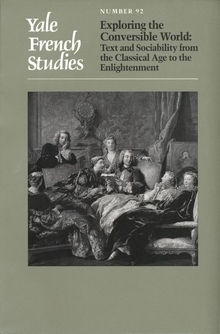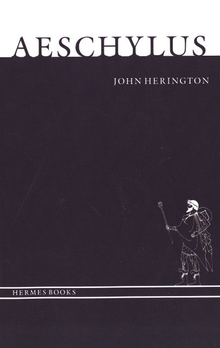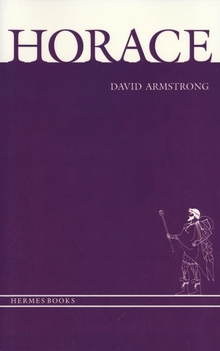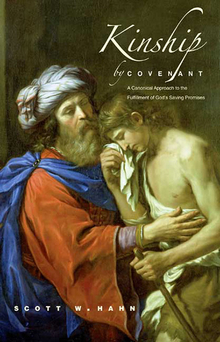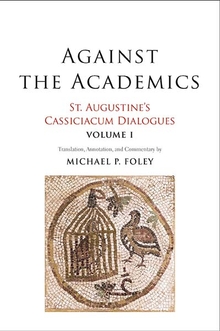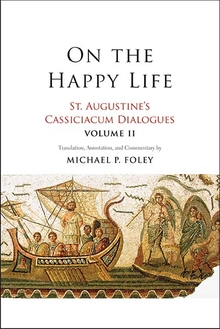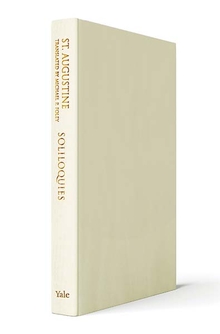On Order
WARNING
You are viewing an older version of the Yalebooks website. Please visit out new website with more updated information and a better user experience: https://www.yalebooks.com
St. Augustine's Cassiciacum Dialogues, Volume 3
St. Augustine; Translation, Annotation, and Commentary by Michael P. Foley
A fresh, new translation of Augustine’s third work as a Christian convert
The first four works written by St. Augustine of Hippo after his conversion to Christianity are dialogues that have influenced prominent thinkers from Boethius to Bernard Lonergan. Usually called the “Cassiciacum dialogues,” these four works are of a high literary and intellectual quality, combining Ciceronian and neo-Platonic philosophy, Roman comedy and Vergilian poetry, and early Christian theology. They are also, arguably, Augustine’s most charming works, exhibiting his whimsical levity and ironic wryness.
On Order is the third work in this tetralogy, and it is Augustine’s only work explicitly devoted to theodicy, the reconciliation of Almighty God’s goodness with evil’s existence. In this dialogue, Augustine argues that a certain kind of self-knowledge is the key to unlocking the answers to theodicy’s vexing questions, and he devotes the latter half of the dialogue to an excursus on the liberal arts as disciplines that will help strengthen the mind to know itself and God.
The first four works written by St. Augustine of Hippo after his conversion to Christianity are dialogues that have influenced prominent thinkers from Boethius to Bernard Lonergan. Usually called the “Cassiciacum dialogues,” these four works are of a high literary and intellectual quality, combining Ciceronian and neo-Platonic philosophy, Roman comedy and Vergilian poetry, and early Christian theology. They are also, arguably, Augustine’s most charming works, exhibiting his whimsical levity and ironic wryness.
On Order is the third work in this tetralogy, and it is Augustine’s only work explicitly devoted to theodicy, the reconciliation of Almighty God’s goodness with evil’s existence. In this dialogue, Augustine argues that a certain kind of self-knowledge is the key to unlocking the answers to theodicy’s vexing questions, and he devotes the latter half of the dialogue to an excursus on the liberal arts as disciplines that will help strengthen the mind to know itself and God.
Michael P. Foley is professor of patristics at Baylor University. He is the author or editor of several books, including Frank Sheed’s translation of Augustine’s Confessions.
“A truly impressive undertaking.”—Marc D. Guerra, Assumption College
“A consistent, faithful and elegant translation of the crucial but relatively neglected dialogues by Augustine of Hippo.”—Simon Oliver, Durham University
“Foley has provided a vital and long-needed service, giving us lively, engaging, and accurate translations, and commentaries that are well-grounded without being overwhelming.”—Erik Kenyon, Bryn Mawr Classical Review
“Michael Foley’s lively, precise new translation makes this dramatic dialogue accessible to today’s reader, adding yet another dimension to our understanding of the endless breadth of Augustine’s developing thought.”—Brian Daley, University of Notre Dame
ISBN: 9780300238563
Publication Date: October 27, 2020
Publication Date: October 27, 2020
352 pages, 5 1/2 x 8 1/4




